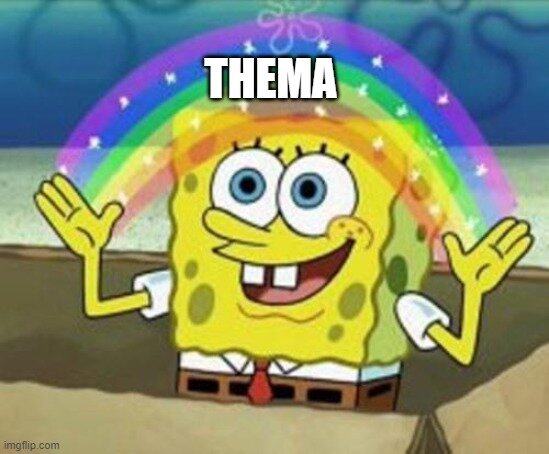April 7, 2020 brought the release of a major update to Thema — the subject category system for a global book trade. Version 1.4 is fully released in English with updates to the translations to follow. The online browser is fully updated across all translations but will display English on new codes until the translations become available.
Unfortunately, not enough North American publishers or retailers are using Thema. If you’re one of them, here are some reasons why you should start using it:
If you’ve invested heavily in keywords, be aware that a subject category system like Thema will ground your people-friendly choices in a whole new layer of discoverability that works for institutions and consumers. Thema compliments what you do in BISAC Subjects and Keywords.
If you see any potential for sales growth in foreign or other language markets, Thema provides access. Its code lists are available in 22 other languages and a great deal of effort is made to link the code to the appropriate concept for that market. See the languages available below. Thema is also used in China, Korea, and Greece but does not make their language version available.
If your publishing program embodies diversity, if making your books accessible is a goal, or if you think you need to describe your books better, Thema will support you. What’s more, if you can identify a subject or concept missing, there’s a process for adding it.
A challenge
Download this Excel version of Thema Version 1.4 and search “disabili” in English Heading & Notes (Columns E & F). I found over 80 — eighty! — codes for, or related in very nuanced ways to, disability. Remember: Thema is an “additive” subject system. You can, and should, use all the codes that describe your book.
About the update
The following are documents that can also be found on the EDItEUR website.
Version 1.4
Changes for version 1.4
Code lists
Downloads:
Excel: Thema_v1.4.0_en.xlsx. This version has additional information in comparison to the others, and includes:
"Related see also" code references are provided in individual cells
Changes since this version
Code parent (example: AF is the parent of AFK)
Original language (OL) / OL heading / OL notes / OL additional related (these columns are not heavily populated (yet) as the English is the working source)
All code lists include:
Notation – the Thema code
Category Heading
Heading (the subject)
Notes
Related (see also) entries (if appropriate)
Add (Version the code was added)
Mod (Version the code was last modified)
Code list languages available
العربية (Arabic)
Čeština (Czech)
Dansk (Danish)
English
Deutsch (German)
Español (Spanish)
Suomi (Finnish)
Français (French)
Français canadien (French Canadian)
Magyar (Hungarian)
Italiano (Italian)
日本語 (Japanese)
Lietuvių (Lithuanian)
Norsk (Norwegian)
Nederlands (Netherlands: Dutch)
Vlaams (Netherlands: Flemish)
Polski (Polish)
Português (Portuguese)
Português do Brasil (Brazilian Portuguese)
Русский (Russian)
Slovenčina (Slovenian)
Svenska (Swedish)
Türkçe (Turkish)
As always, feel free to reach out to us with your questions, or if you are considering joining our Thema Working Group.















Sales and library circulation data of Body, Mind & Spirit titles during the the first quarter of 2025.